The fourth edition of World Music Festival comes to Taipei from October 18-20, showcasing acts from around the world, as well as some of the island’s best indigenous musical talent. One act to look out for is Paiwanese R&B singer ABAO. A Golden Melody Award winner, she made the switch from Mandopop to singing in Paiwanese language in an effort to get more in touch with her culture and has had great success ever since. We chatted with ABAO about indigenous music, what it is to be Paiwanese and 2019 World Music Festival. Read our interview and check out her music below.
Read also:
5 acts to see at 2019 World Music Festival in Taipei
Q1. How did you become a singer?
I was originally a nursing undergraduate. A classmate of mine signed me up for a televised singing contest and after that I was picked up by a music agent and I’ve been a singer ever since.
Q2. What does your name “Aljenljeng Tjaluvie” mean in Paiwan language?
Aljenljeng is my grandmother’s name. I was born on the same day as her, so I was given this name in the hope that I can become a hardworking and diligent person just like her.
Q3. After 13 years, your latest album vavayan·女人 was released in Paiwan language. What’s the reason that you chose to sing in Paiwan? Could you explain the concept of the album?
I started making Paiwan-language music back in 2014 when I was recording together with my grandmother and mother to make the album Voice of 3 Paiwan. During that time, I discovered that the rhythm of my mother tongue and the formation of its grammar were both beautiful and unique. The phonology is softer than Chinese. I wanted to try to combine it with pop music, so I started trying to create music in my mother tongue.

The concept of my latest album Vavayan (女人) is “Just listen to the music and don’t be afraid if you can’t understand the language.” I hope that the combination of ancient language and modern style can help more listeners get in touch with Paiwanese, especially the new generation of indigenous youths. We lose a lot of our culture because of the changing nature of our lifestyles. In the context of use of our mother tongue, writing lyrics is a good way to maintain the use of the language. If you use it, it will not be eliminated. It is also nice to share that I learnt my own mother tongue through music.
Q4. Among all of your works, which song is your favorite? For first time foreign listeners, which song would you suggest they listen to?
I like them all! I’ll recommend the song ‘Namakudamun (Women’s Gathering)’ to foreigners. It’s a Paiwan-language funk-style song which makes people to swing together.
Q5. You recorded the Paiwan traditional melody album Voice of 3 Paiwan with your mother and grandmother. Which song from the album do you think represents Paiwan culture the best ? What is the story behind the song’s lyrics?
‘Nalivan,’ wedding ending song. This song is a representative of the eastern Paiwanese ancient melody. The other tribes in Taitung also have their own version, but the song keeps the same name. ‘Nalivan’ is a song that the bride’s relatives sing at the end of the wedding banquet to express their reluctance to say goodbye. The melody is sad but beautiful.

Q6. Can you briefly introduce to our foreign readers what are the cultural characteristics of the Paiwan people?
There are too many characteristics that I don’t know how to start! Location wise, Paiwan people live in Pingtung (the southernmost county in Taiwan) and Taitung (southeast Taiwan), with most of them being in Pingtung. At present, according to how it is referred to in the language, Paiwanese territory is roughly divided into north Paiwan, central Paiwan, south Paiwan and east Paiwan.
Furthermore, Paiwanese culture still has a complete class division system, which is one of its biggest features. The class division system is the norm in all aspects of our traditional life from naming to dressing to the assignment of rolls at ceremonies.
Q7. As a Paiwanese, what impact does it have on your music creation and attitude toward life?
This generation of parents still educates the youth based on traditional class division. It clearly tells us which class our families belong to and what norms we have to follow. In addition, the Paiwan people are very good at composing and expressing love songs. It is relatively easy for the younger generations to study and find information about our culture. Metaphors are a very common and traditional way of how the elders narrate and write songs. To express myself and compose music euphemistically is what I am learning right now.
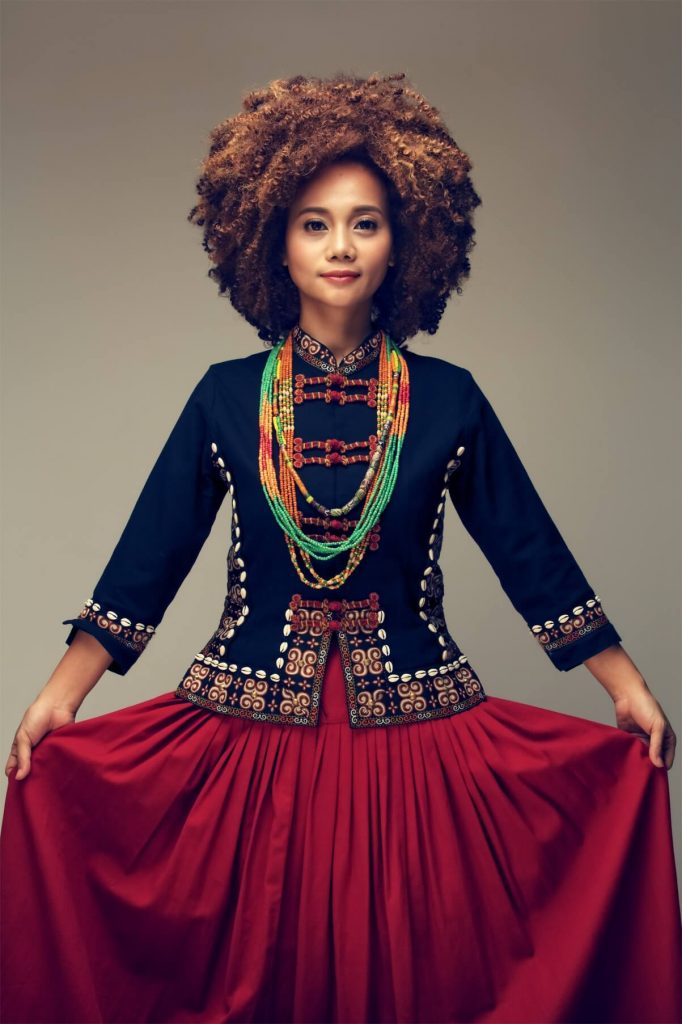
Q8. What do you think are the characteristics of Taiwan’s music? Which elements represent Taiwanese music best?
Openness is the main characteristic of Taiwan’s music. When you listen to Taiwan’s artists, you can hear the tolerance and love of the land.
Q9. Can you share with us your experience of this year’s Taiwanese Waves performance in New York? You were the first singer at the event, were you nervous?
I wasn’t nervous. When facing audiences of different nationalities, I like to let everyone feel the emotion through the ups and downs of the songs. Emotions and rhythm are a common language of the world, and you can swing together wherever you come from.
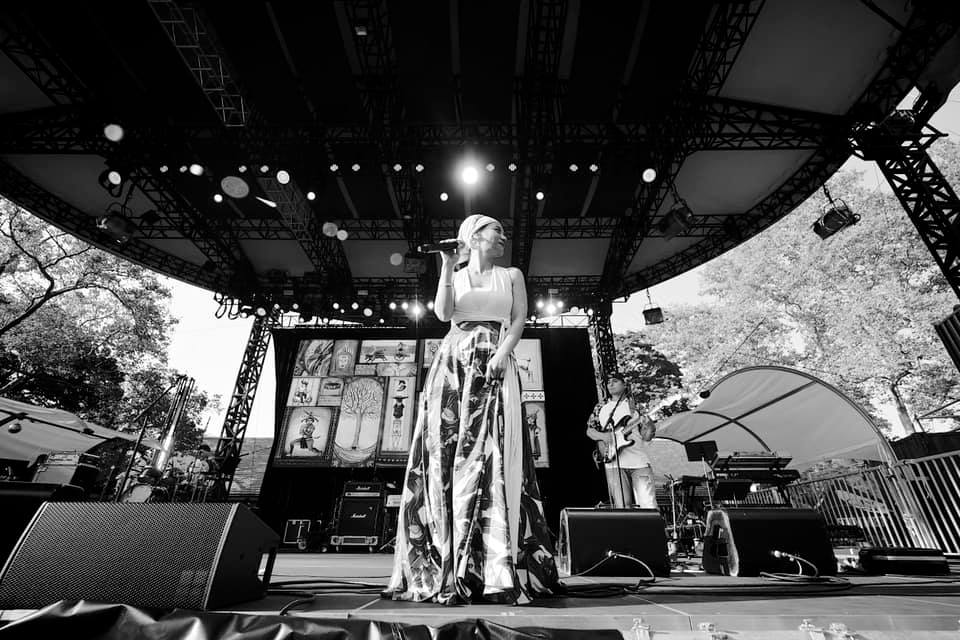
Q10. How would you describe your hometown Taitung? What cultural elements represent Taitung?
Mountains, ocean, heat (human touch)
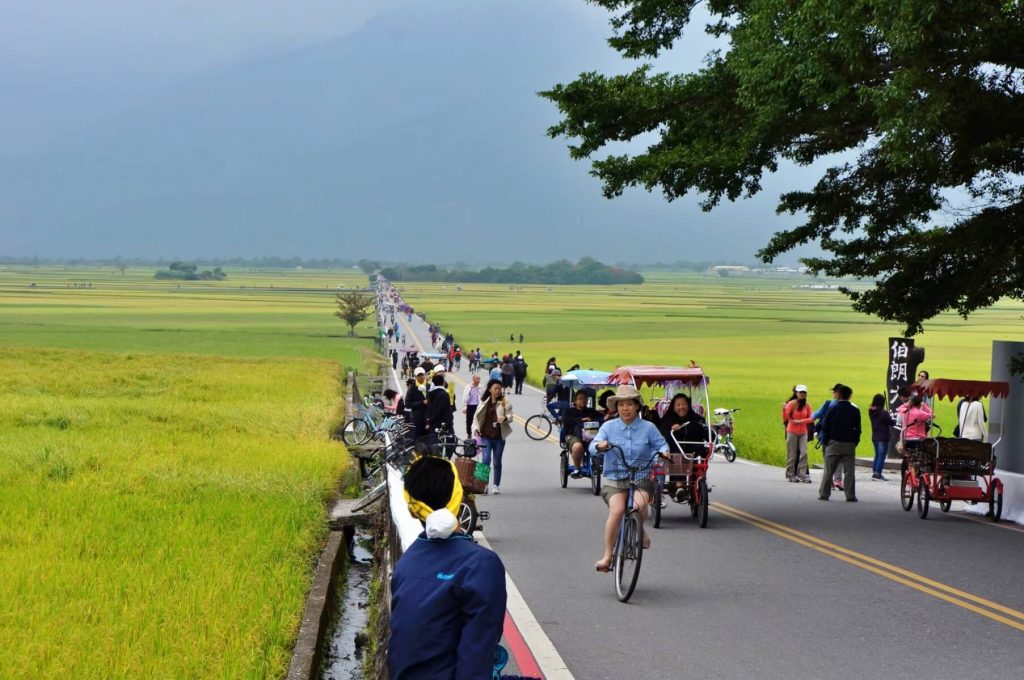
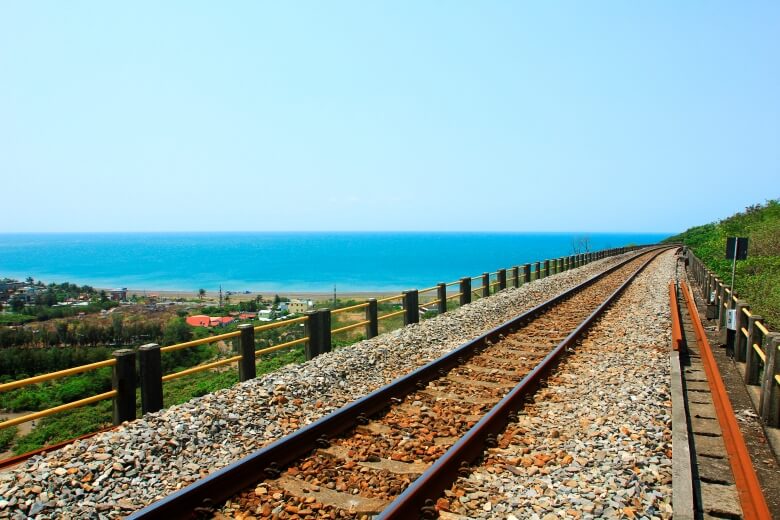
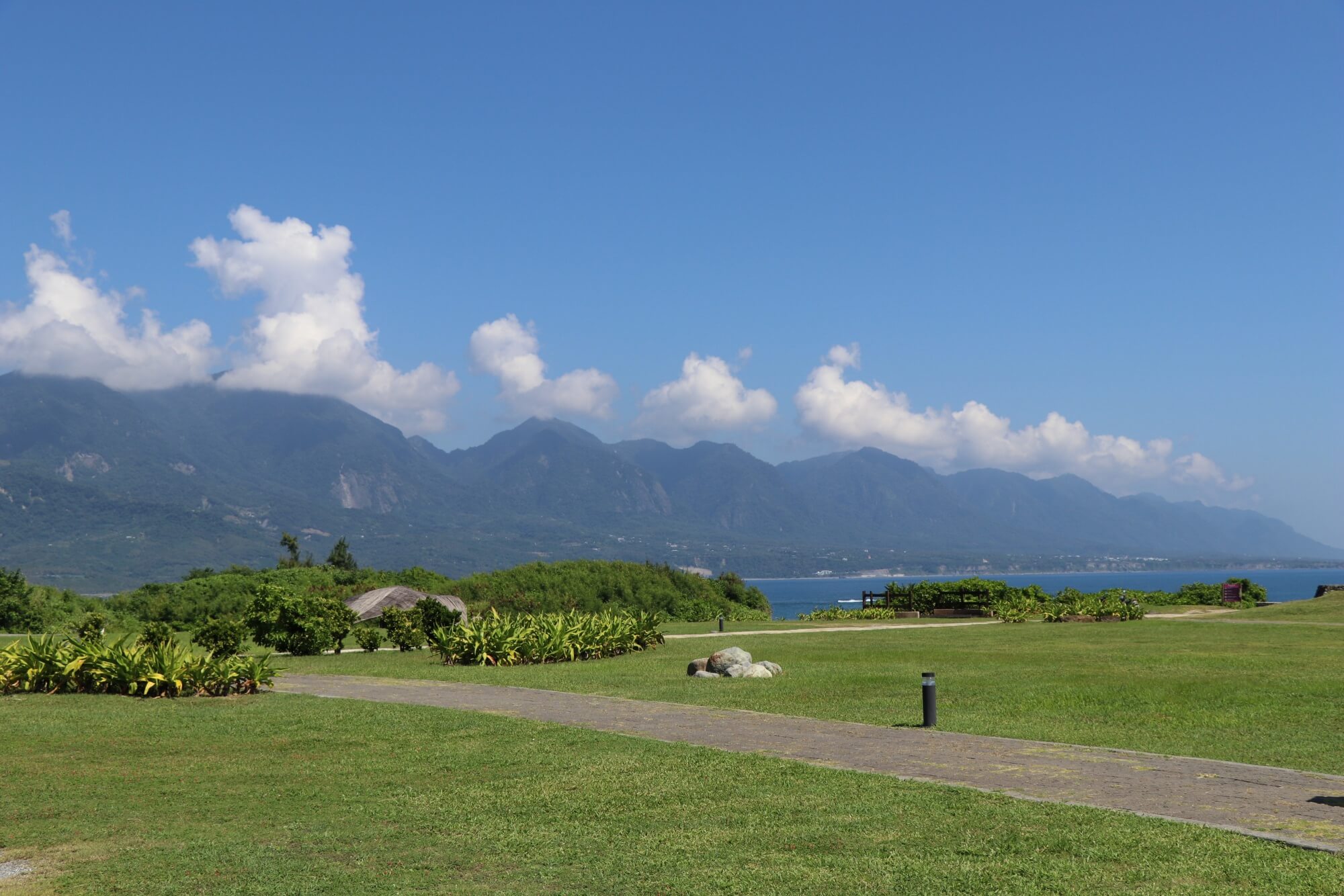
Q11. Where would you recommend for a tourist to visit in Taiwan to learn more about indigenous culture?
Visit the indigenous living in the mountains or on the coast. The most convenient tribe to visit in northern Taiwan is the Wulai, and then Taoyuan Fuxing, Hsinchu Jianshi Wufeng, etc. I’d recommend to travel along the Provincial Highway 11 to explore the indigenous culture in Hualien and Taitung (Eastern Taiwan).
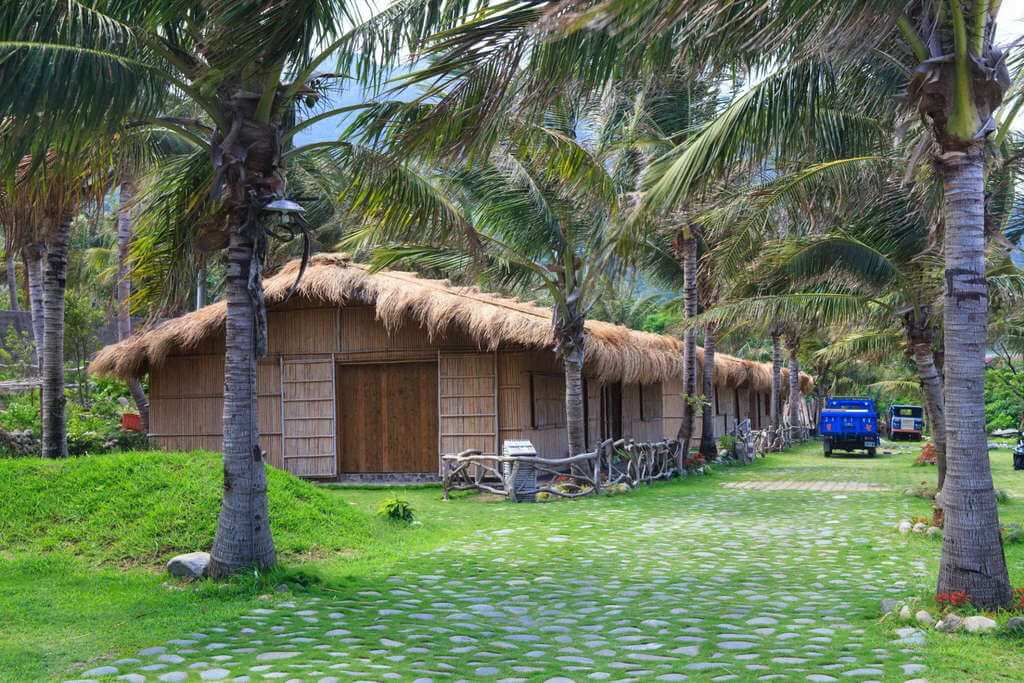
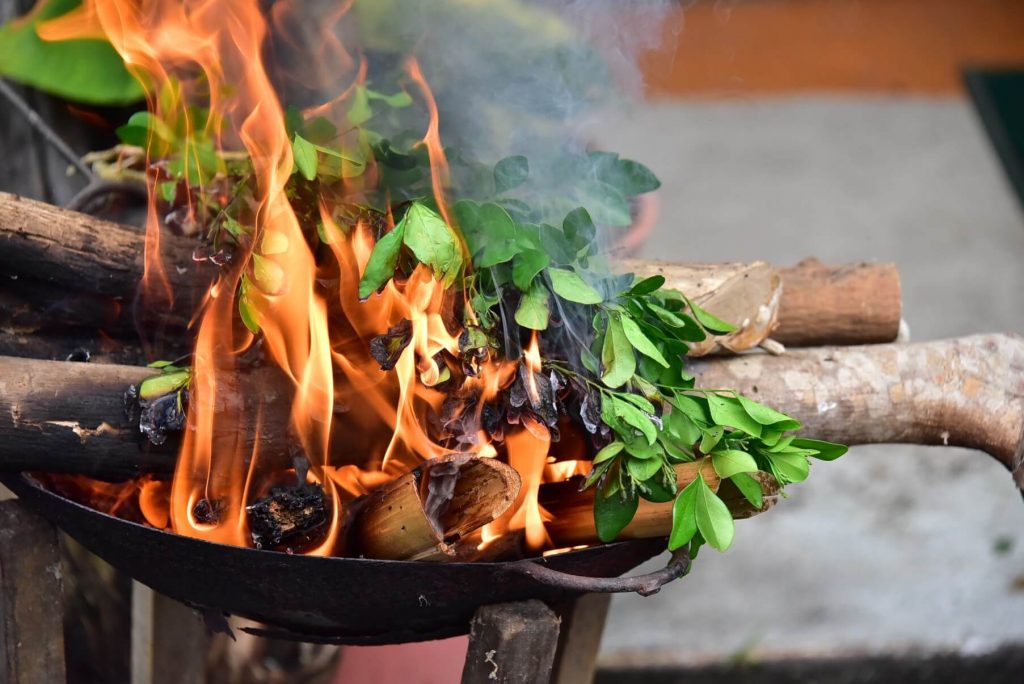
Q12. Can you teach our readers a Paiwanese sentence that you think is worth learning?
Malji-malji / masalu. These two words both mean “Thank you”. Being polite is an easy way to make friends!
Q13. Which songs will you be performing at this year’s World Music Festival?
I’ll perform a few light rhythm songs, come on down and swing together!
For full lineup details, tickets, and more information on the festival, visit the official 2019 World Music Festival website.
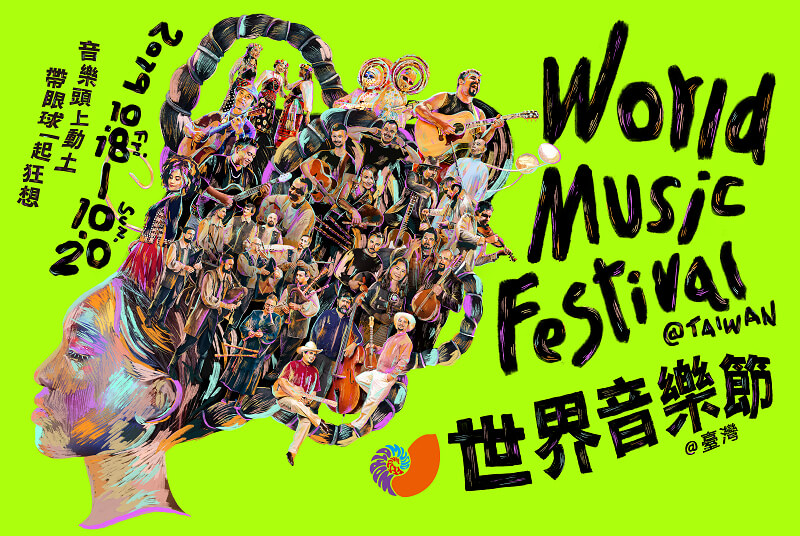


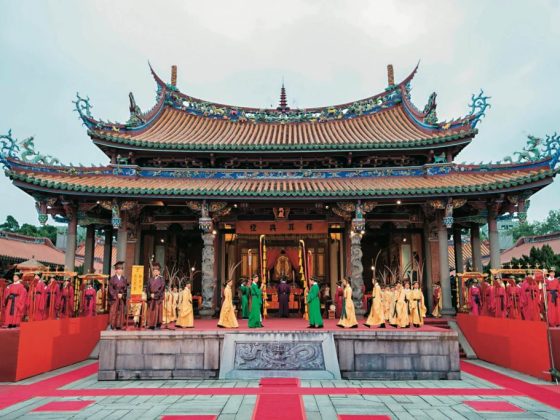
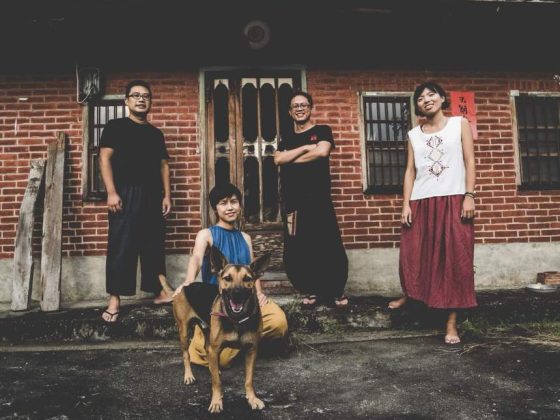









Comments are closed.